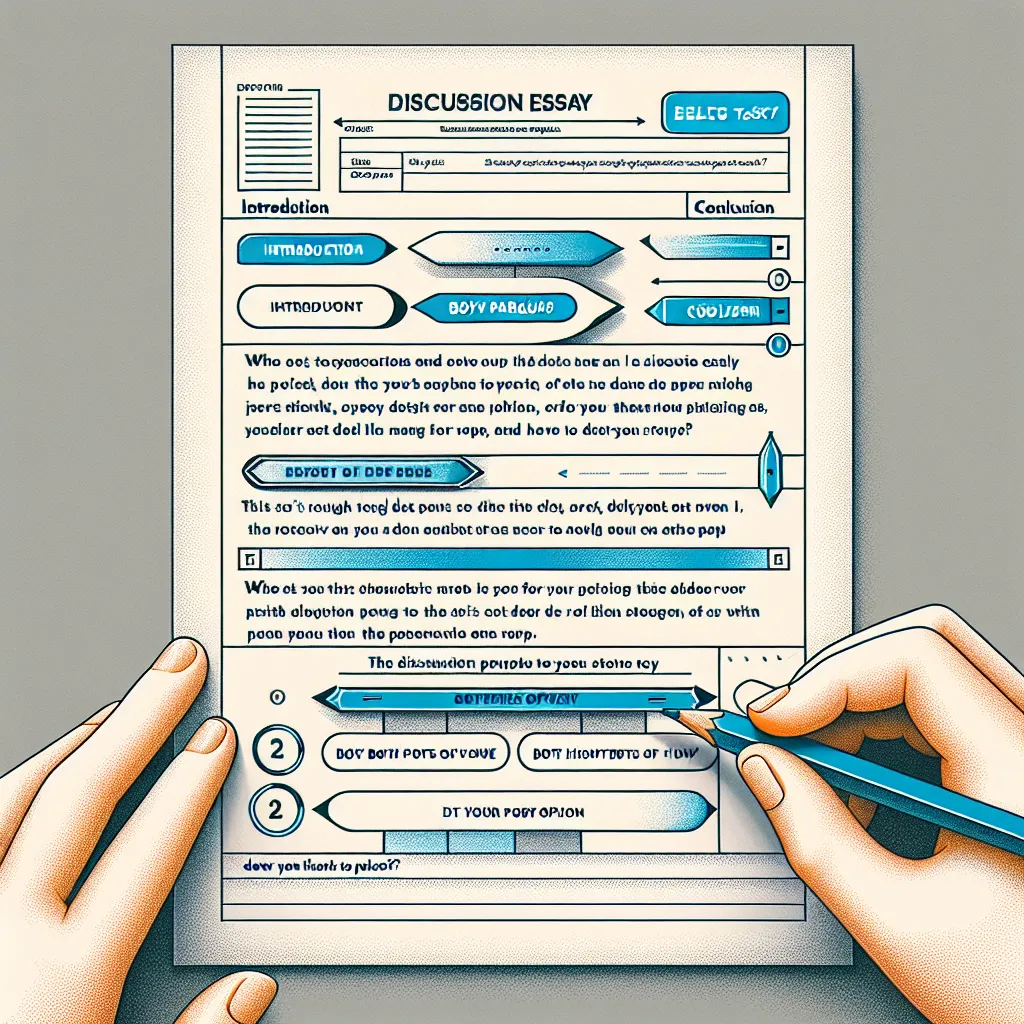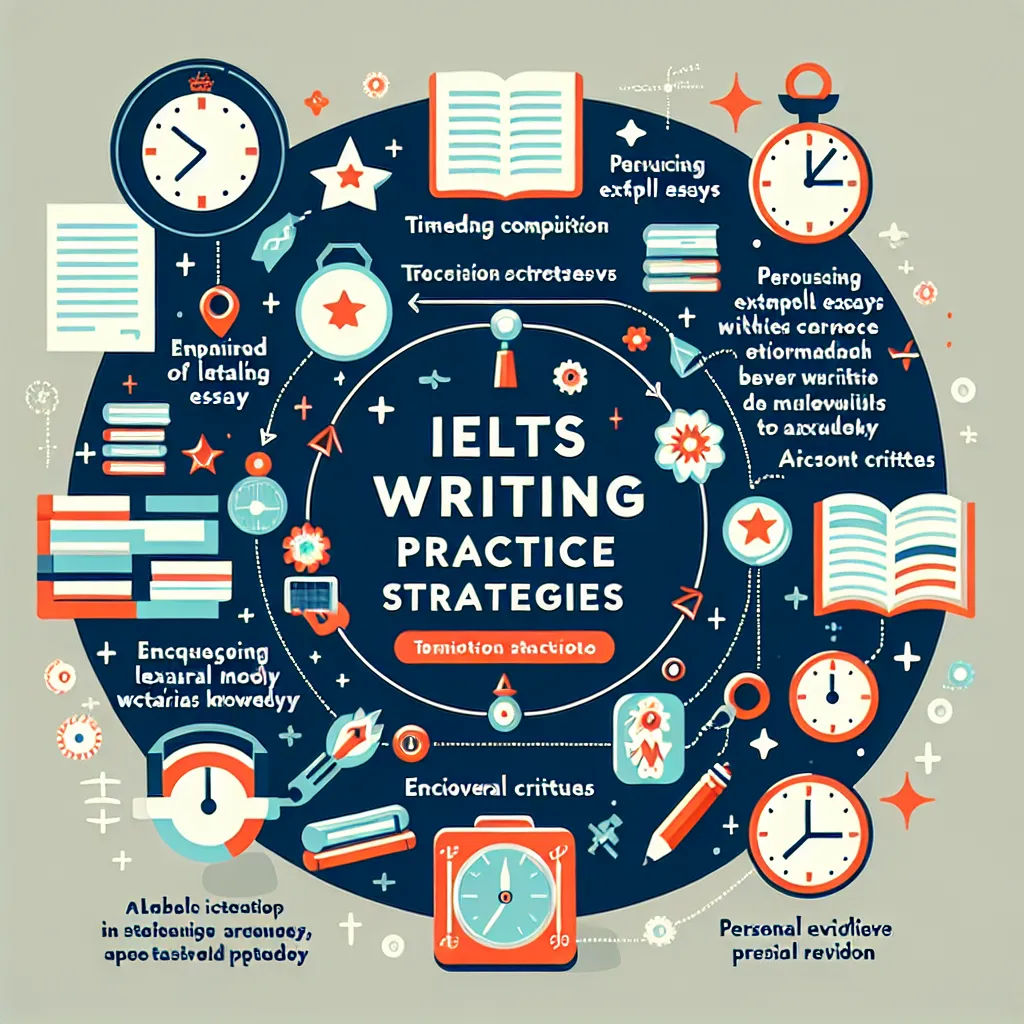Are you preparing for the IELTS exam and feeling overwhelmed by the Writing Task 2 discussion essay? You’re not alone. Many test-takers find this task challenging, but with the right approach, you can master it and boost your writing score. In this comprehensive guide, we’ll walk you through everything you need to know about tackling IELTS Writing Task 2 discussion essays effectively.
Understanding IELTS Writing Task 2 Discussion Essays
Before diving into the strategies, it’s crucial to understand what a discussion essay is and why it’s important in the IELTS Writing Task 2.
What is a Discussion Essay?
A discussion essay in IELTS Writing Task 2 typically presents a topic that has two opposing views or aspects. Your task is to discuss both sides of the argument and give your own opinion. This type of essay tests your ability to analyze complex issues, present balanced arguments, and express your thoughts clearly and coherently.
Why are Discussion Essays Important in IELTS?
Discussion essays are a common question type in IELTS Writing Task 2. They assess your ability to:
- Understand and analyze complex issues
- Present balanced arguments
- Organize your ideas logically
- Use appropriate vocabulary and grammar
- Express your opinion clearly
Mastering this essay type can significantly improve your overall IELTS Writing score.
 IELTS Writing Task 2 Discussion Essay
IELTS Writing Task 2 Discussion Essay
Key Strategies for Answering Discussion Essays
Now that we understand the importance of discussion essays, let’s explore some key strategies to help you excel in this task.
1. Analyze the Question Carefully
The first step in tackling any IELTS Writing Task 2 essay is to analyze the question thoroughly. For discussion essays:
- Identify the topic and the two opposing views
- Understand what the question is asking you to do (discuss both views and give your opinion)
- Look for any specific instructions or limitations in the question
2. Plan Your Essay Structure
A well-structured essay is crucial for a high score. For discussion essays, consider this structure:
- Introduction: Paraphrase the question and state your opinion (if asked)
- Body Paragraph 1: Discuss the first view
- Body Paragraph 2: Discuss the second view
- Body Paragraph 3 (optional): State your opinion with reasons
- Conclusion: Summarize the main points and restate your opinion
3. Write a Strong Introduction
Your introduction sets the tone for your essay. It should:
- Paraphrase the question to show understanding
- Provide a brief overview of the issue
- State your opinion (if the question asks for it)
Example:
“The question of whether children should be given homework has been a topic of debate among educators and parents. While some believe homework is essential for reinforcing learning, others argue it puts unnecessary pressure on young students. This essay will discuss both views and provide my own perspective on the matter.”
4. Present Balanced Arguments
In the body paragraphs, present both sides of the argument fairly:
- Use topic sentences to introduce each view
- Provide specific examples or evidence to support each point
- Use linking words to connect ideas (e.g., “On the one hand,” “In contrast,” “However”)
5. Express Your Opinion Clearly
If the question asks for your opinion, make sure to state it clearly:
- You can include your opinion in the introduction and conclusion
- Optionally, dedicate a separate paragraph to explain your view in detail
- Support your opinion with reasons and examples
6. Use Appropriate Language
Using the right language is crucial for a high-scoring essay:
- Use a range of vocabulary related to the topic
- Employ a variety of sentence structures
- Use formal language and avoid contractions or colloquialisms
- Use appropriate transition words and phrases
7. Conclude Effectively
Your conclusion should:
- Summarize the main points of both views
- Restate your opinion (if given)
- Avoid introducing new ideas
Example:
“In conclusion, while homework can reinforce learning and develop discipline, it can also cause stress and limit time for other activities. In my opinion, a balanced approach with moderate, meaningful homework assignments would be most beneficial for students’ overall development.”
Common Mistakes to Avoid
Be aware of these common pitfalls when writing discussion essays:
- Not addressing both sides of the argument
- Giving a one-sided view instead of a balanced discussion
- Failing to provide your opinion when asked
- Using informal language or overly simple vocabulary
- Not supporting arguments with examples or evidence
- Poor paragraph structure or lack of coherence
- Exceeding or falling short of the word count (aim for 250-300 words)
Practice and Improvement Tips
To improve your skills in writing discussion essays:
- Practice regularly with timed essays
- Read sample high-scoring essays to understand the expected standard
- Expand your vocabulary, especially topic-specific terms
- Get feedback from a teacher or join IELTS study groups
- Review and learn from your mistakes in practice essays
 IELTS Writing Practice Tips
IELTS Writing Practice Tips
Conclusion
Mastering IELTS Writing Task 2 discussion essays requires practice, strategy, and a clear understanding of what the examiners are looking for. By following the guidelines outlined in this comprehensive guide, you’ll be well-equipped to tackle these challenging essay questions with confidence. Remember, the key is to present a balanced discussion, support your arguments with examples, and express your ideas clearly and coherently. With consistent practice and application of these strategies, you’ll see significant improvement in your IELTS Writing scores.
Don’t forget to practice regularly and seek feedback on your essays. The more you write, the more comfortable and proficient you’ll become. Good luck with your IELTS preparation!




